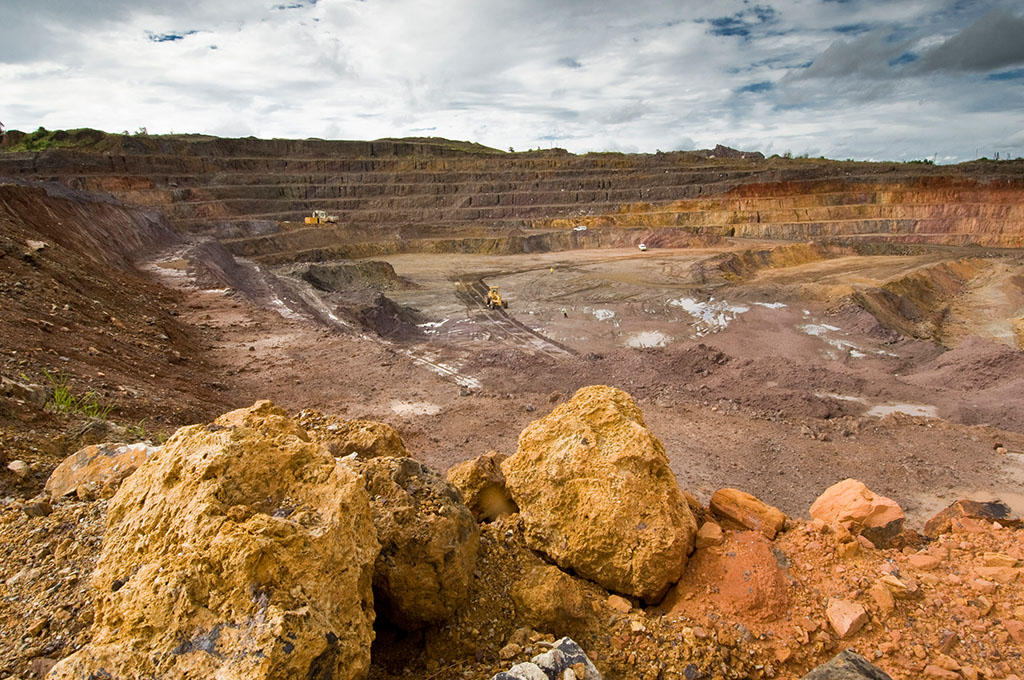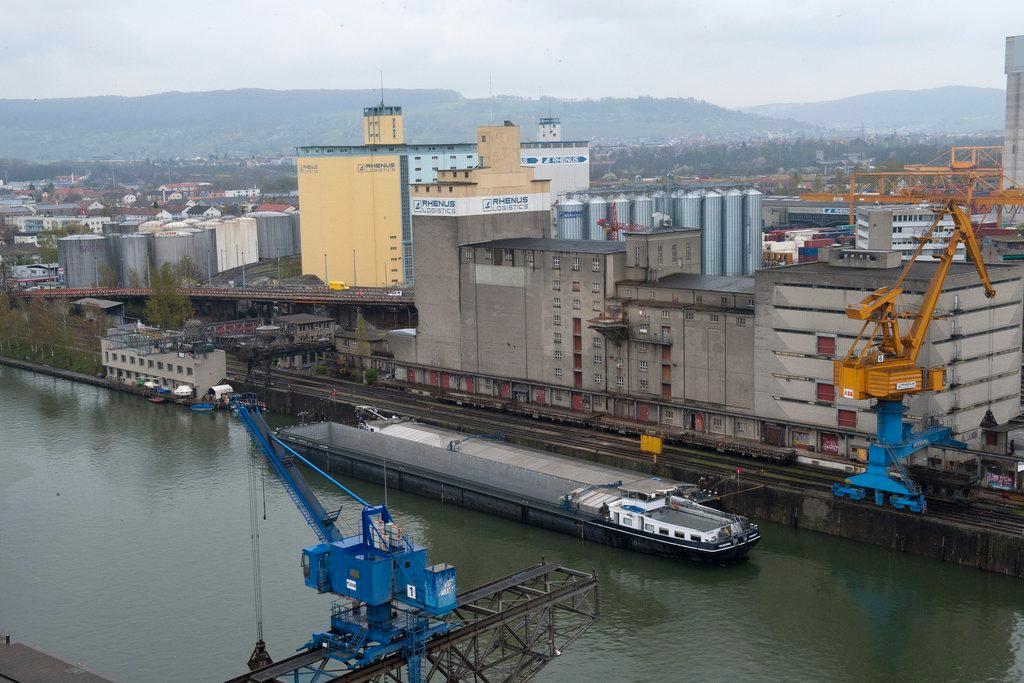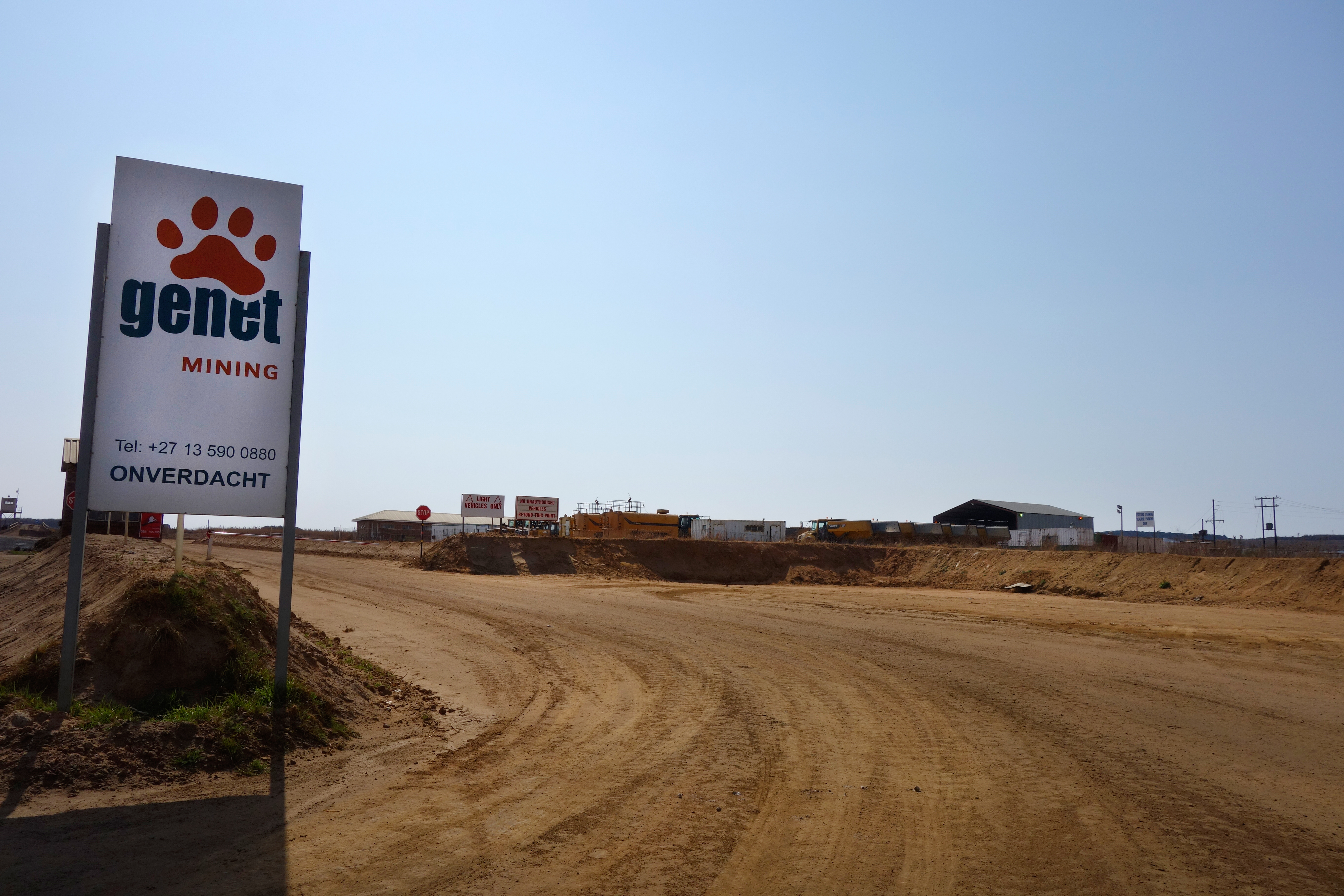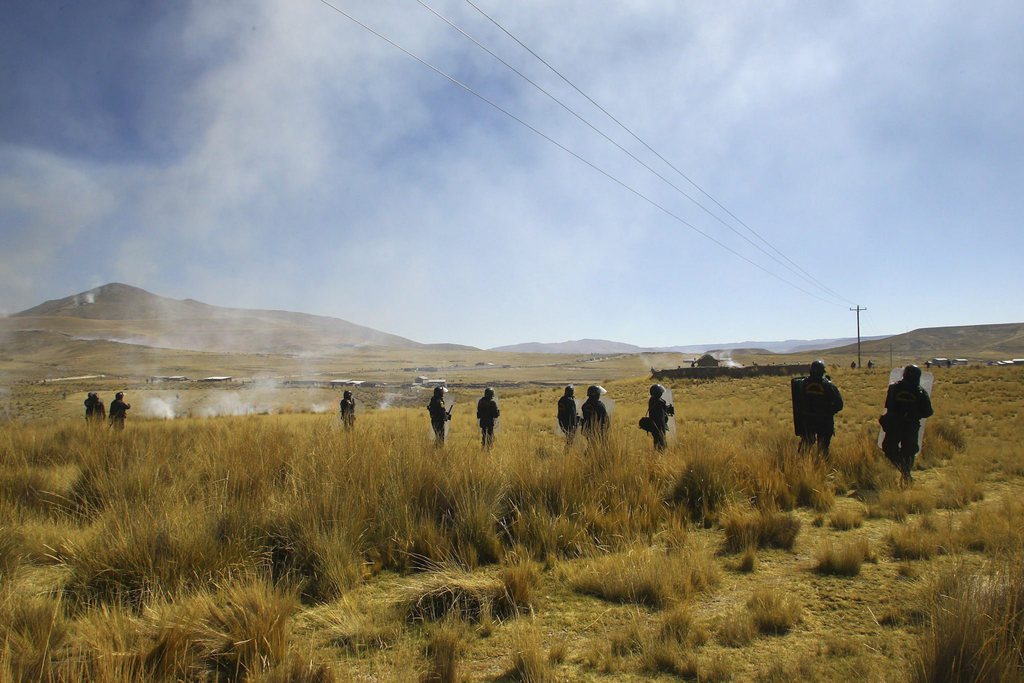Glencore revelations increase pressure on commodities industry

Anti-corruption pressure groups have repeated calls for stronger regulation of the commodities extraction sector following “Paradise Papers” revelations of how the industry does business in Africa.
The International Consortium of Investigative Journalists (ICIJ) on Monday published leaked documents from law firm Appleby which expose behind-the-scenes dealings prior to GlencoreExternal link taking over the KatangaExternal link copper and cobalt mining operation in the Democratic Republic of Congo (DRC) in 2009.
Glencore said it “complies with its tax obligations in line with the laws and regulations in the countries and territories in which we operateExternal link” and pointed out that it issues an annual report on payments it makes to governments, in line with European Union regulations. Last year, the Swiss-based firm spent nearly $200 million (CHF200 million) in DRC (out of $4 billion globally), mainly to improve facilities and pay tax, royalties and customs duties.
The ICIJ documents shed light on the opaque world of how raw materials are extracted in under-developed economies with fragile concepts of democracy and rule of law. They detail the relationship between Katanga, Glencore and Israeli businessman Dan Gertler.

More
Big Swiss names surface in ‘Paradise Papers’
Gertler was well connected in DRC when he was contracted by Katanga (in which Glencore already had a stake) in 2008 to negotiate terms for mining rights in the country. He was also known to the United Nations, which in 2001 connected him to the dirty world of “blood diamondsExternal link” in DRC – using diamonds to pay for militias. The UN report accuses Gertler of ripping off the then DRC government to pocket a fortune.
Months before Glencore took a majority stake in Katanga, it issued a $45 million loan to a company owned by Gertler. The loan, issued in the form of Glencore shares and disclosed to regulators, allowed Gertler to retain his stake in Katanga when Glencore took over the operation.
Due diligence
ICIJ has seen documents that link the loan to Gertler’s performance in settling Katanga mining payments to the DRC government – in other words, the loan would have been recalled if Gertler failed to obtain the best terms. Glencore denies this charge.
Swiss-based NGO Public Eye believes that Glencore, which had a director on the board at Katanga at the time, should never have been doing business with Gertler – either directly or indirectly. The campaigning group regularly reports on the commodities industry in Africa and has called for an industry-specific regulator to be set up in Switzerland to police its activities.
“Such an authority could ensure that the sector applies minimum standards of due diligence,” Public Eye’s Oliver Classen told swissinfo.ch. “With this in place, Gertler would never have been considered in the first place.”
Public Eye, along with a string of other NGOs, also reiterated calls for a public registry detailing the beneficial owners of offshore structures. The Paradise Papers revealed that Appleby had set up a specific office for Glencore in Bermuda. Glencore says it has since closed most of its Bermudan operations.
Possible reforms
NGOs also want multinational companies to report their profits and taxes in all the countries in which they operate. The Paradise Papers revelations add greater urgency to the need for the commodities sector to be better regulated, according to Classen.
So far, the Swiss government has taken a different line. In 2013, the Federal Council rejected calls for tighter legislation, saying self-regulation was enough to keep the sector in check.
But the story might not end there. Voters have yet to deliver their verdict on a people’s initiative, launched last year, which calls for new laws to ensure multinationals comply with human rights and environmental standards when they operate abroad.
Parliamentarians are also set to debate a cabinet proposal to force companies in the commodities sector to disclose all payments above CHF100,000.
The Paradise Papers set out details of negotiations between the Katanga mining operation and the DRC in 2008 and 2009. In January 2008, Glencore held an 8.52% stake in the operation that increased to 77.9% in July 2009.
According to the ICIJ, the papers it has seen indicate that Katanga enlisted the services of Gertler in June 2008. Glencore agrees with this.
In October 2008, the ICIJ says the DRC government demanded a “signing bonus” of $585 million. Gertler was again called in and by March 2009 managed to beat the bonus down to $140 million. This deal allowed Katanga to mine copper at a quarter of market prices at the time.
Glencore says a $135 million Katanga “access premium” was agreed in February 2008. In addition, the mine agreed to give the DRC state-controlled Gécamines company $825 million worth of cobalt reserves, which was to be paid back. It is believed this cobalt was shipped to China and the repayment has, to date, not taken place.
According to Glencore, Gécamines then “put forward various positions”, including demands for payments of $585 million and $200 million. Those demands were rejected and a payment of $140 million was paid in July 2009 when Glencore acquired a controlling stake in Katanga.
The ICIJ says Glencore granted a $45 million loan to Lora Enterprises, a company owned by Gertler via an offshore trust. The ICIJ has also seen documents saying the loan would be withdrawn if a satisfactory deal between Katanga and the DRC could not be reached.
Glencore agrees with the date of the loan made to Loris Enterprises, “an entity affiliated with Mr Gertler”, but does not state its size. Glencore says the loan consisted of shares in the company, was transparent, and was paid back in full in 2010.
The purpose of granting the loan was to allow Gertler to take part in a $250 million rights issue which handed out ownership stakes in Katanda.

In compliance with the JTI standards
More: SWI swissinfo.ch certified by the Journalism Trust Initiative

















You can find an overview of ongoing debates with our journalists here . Please join us!
If you want to start a conversation about a topic raised in this article or want to report factual errors, email us at english@swissinfo.ch.